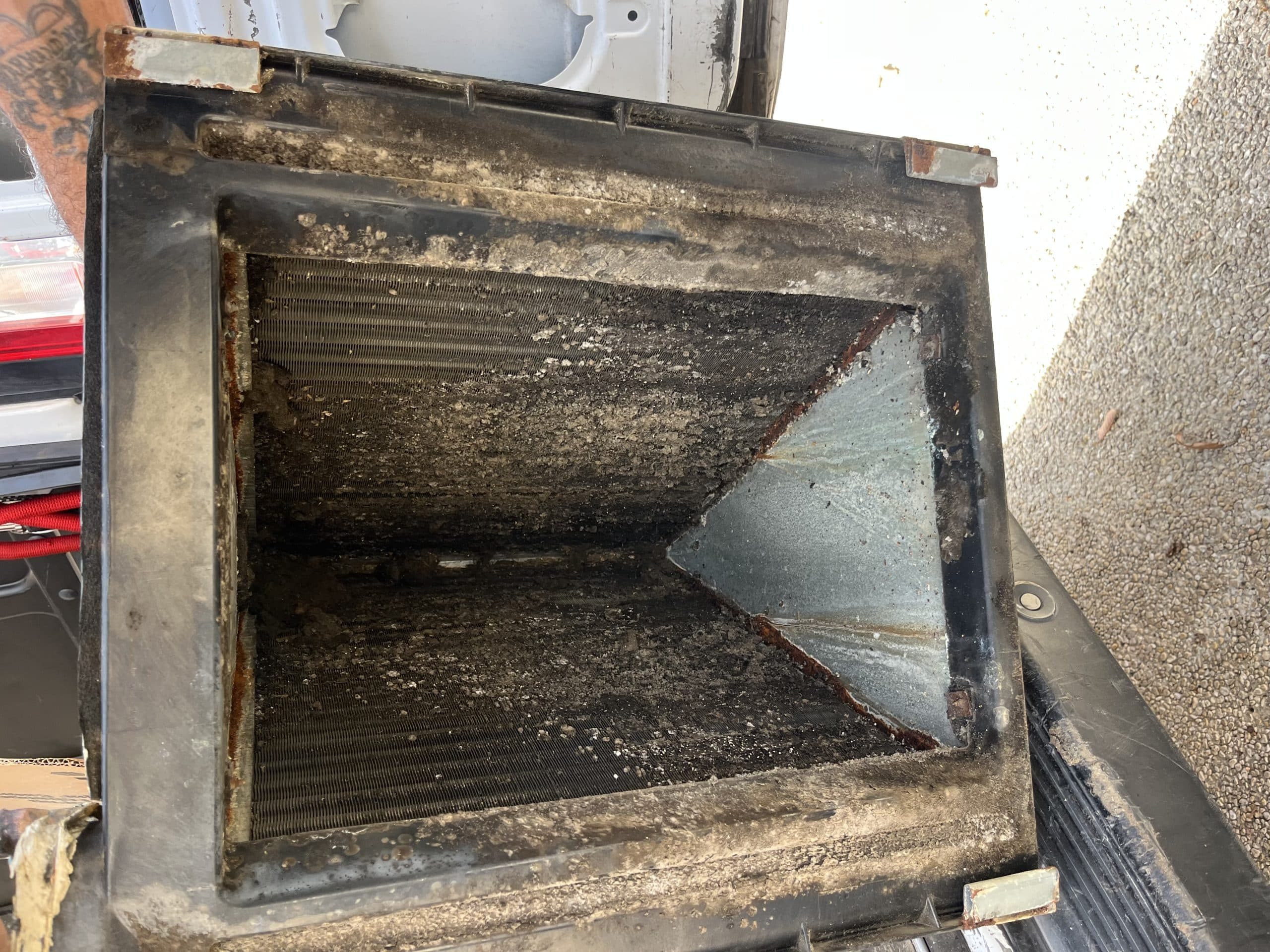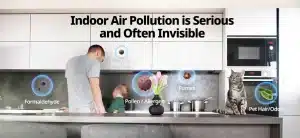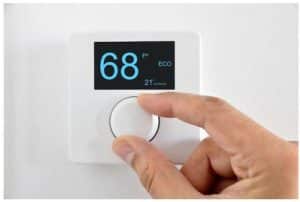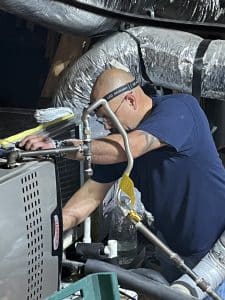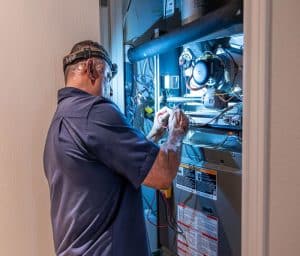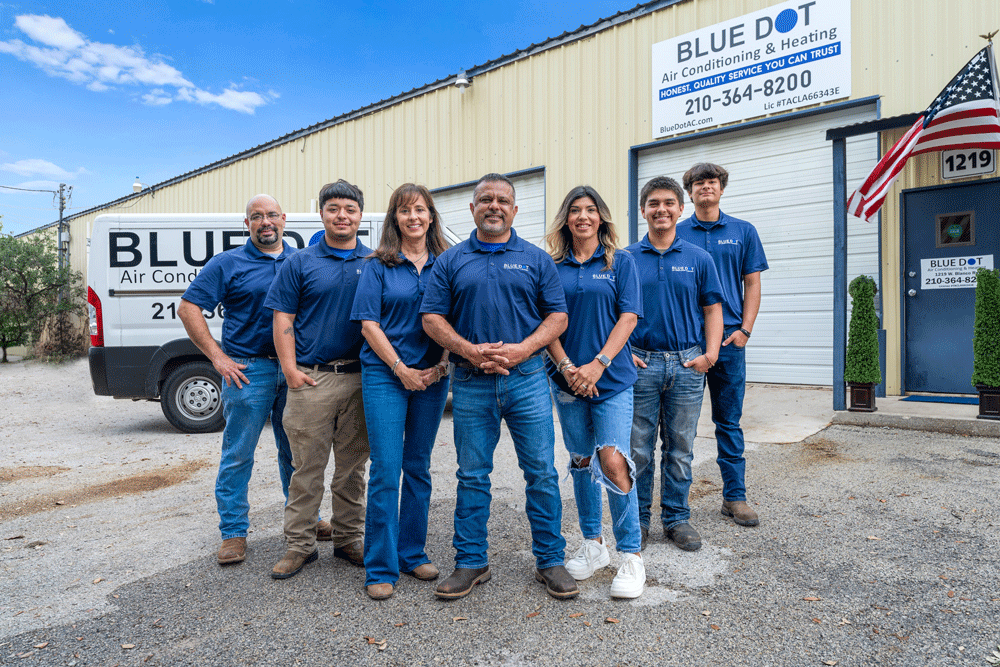Strange Odors Coming from Your AC?
Here’s What Might Be Causing Them
You’re not alone. This is a common issue, especially in older homes or when AC maintenance has been overlooked. We are here to give you information and tips to help you find a solution to your problem. We know that for families with allergies, autoimmune conditions, small children, or newborns on the way, air quality is critical.
What Causes That Bad Smell in Your AC?
Have you ever turned on your air conditioner and noticed a strange, unpleasant smell—almost like dog urine?
If your AC smells like dog urine when it runs, the most likely culprit is bacteria or mold buildup inside the system. Moisture collects on the evaporator coils, creating the perfect breeding ground for bacteria. Over time, this can produce a strong, musty, or urine-like odor.
Here are some specific reasons why this might be happening:
How long has it been since you changed your air filter? A clogged filter traps dust, pet hair, and dander, which can lead to bacteria growth.
Have you check your AC condensate drain line? If your AC’s condensate drain line is blocked, standing water in the drain pan can encourage mold and bacteria to thrive.
Do you have water leaking inside of your unit? Water leaks inside the unit can create the same conditions as a clogged drain pan, leading to bad smells.
Pet Access to the Outdoor Unit – If your dog has access to the outdoor AC unit, they might actually be urinating on it. This can cause lingering odors that get pulled into your system.
How to Get Rid of the Smell:
First start by replacing the air filter – A new filter helps improve air quality and reduces bacteria buildup.
Next, check the drain pan – Make sure the drain pan isn’t overflowing, and clear any blockages in the condensate drain line.
Make sure to clean the outdoor unit – If you suspect pet urine, rinse the unit with a hose and mild disinfectant.
Finally, ventilate your home – Open windows and use fans to help circulate fresh air while tackling the problem.
If the smell persists after trying these steps, it’s best to have an HVAC technician take a closer look. A professional can:
Clean the evaporator coils – These coils can be difficult to access and require special cleaning solutions.
Inspect for leaks – If condensation is leaking inside the system, it could be creating hidden mold issues.
Check for mold growth – A technician can identify and eliminate deeper bacterial or mold problems.
At Blue Dot Air Conditioning & Heating, we understand how important clean, fresh air is for your family’s health. If your AC smells off and DIY fixes aren’t cutting it, give us a call. We’ll help you get your home smelling fresh and clean again!
Contact us today for an free AC inspection!

